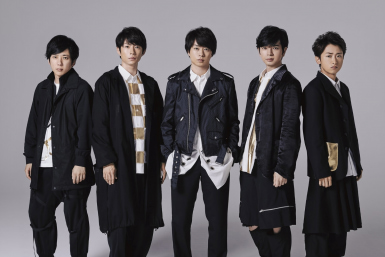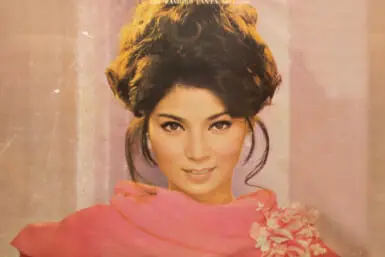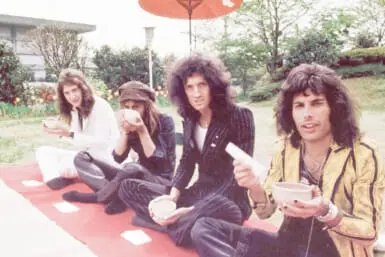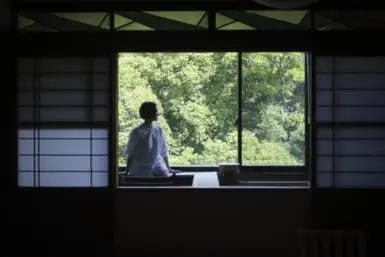by Jim Merk
Legendary 70s band Earth, Wind and Fire have had a big 2003. In May they released “The Promise,” their first new album in six years, and they have been playing to packed concert houses across the US. Leading the charge is one of the founding members Philip Bailey.
Bailey’s trademark falsetto voice dominated such E, W & F hits as “Fantasy,” “Reasons,” “That’s The Way of The World,” “I’ll Write a Song for You” and “After the Love Has Gone.”
He has also been pursuing a successful solo career since scoring a big hit in 1985 with “Easy Lover,” a duet with Phil Collins. That record showed he still had a big fan base in Japan, and he has been coming here ever since.
When I catch up with him on his most recent tour, he is at the Phoenix Seagaia Resort in Miyazaki. It is 8:30 in the morning when I knock on his door. He answers immediately, quietly ushers me in and leads me to what I surmise is the dining room. The suite has more space than the average farmhouse. The scent of incense lingers in the room, and a Bible is still open near an armchair in the main room. I realize he has just been reading.
We stand before an awesome view of a golf course and the sea. It has been raining, and his tee time is threatened.
“I don’t think I will be playing golf today,” he says. “See those guys down there? They are true golfers; playing even in the rain.” I agree, but I am thinking about the last time I saw Philip Bailey. It was at an Earth, Wind & Fire concert in 1996, ironically, on Sept. 21 (“Do you remember, the 21st night of September?”) I remember that night well, with Bailey holding forth and singing notes men haven’t gone near since the days of the castrati, and delighting fans with his bravado. I am trying to hear the falsetto in the voice, but there is no hint of it. We sit down and begin.
Tokyo Weekender: How long have you toured Japan with the Philip Bailey Band?
Philip Bailey: We have been coming here for more than 10 years. Once, I did all the cities with Anri, a famous Japanese singer who was doing major hauls with a major production team with costumes and stuff. It was a big success. That got me into touring Japan and places in Japan I would otherwise never have thought to visit.
TW: What do you appreciate about today’s Japanese audiences?
PB: Playing for a Japanese audience gives me a sense of artistic freedom not always present in the States. Stateside, you have to do the hits, give the right time and get out.
Here we are doing rhythms and poly-rhythms (where the bass and drums play in different times). The audiences get into the artistry and the fact that the artist takes chances and improvises well. They recognize the magical moments that are happening and won’t be repeated anyplace else. This opens up an opportunity, creates an atmosphere where artistically you are encouraged to give it a bit more. I like it.
TW: Have you noticed any changes in the audiences here over the years?
PB: Definitely. In the past, audiences would sit back and, when they did let loose, it was reserved. Now the attitude seems to be it is OK to let (their) feelings show and let it out. This has been a big change.
TW: What does it mean for you to come here?
PB: Japan has been my musical creative space. To me, it is like a working vacation. I get into the culture and have some fun. I also like it that I am able to be free creatively.
TW: What else do you like about coming to Japan?
PB: The food. I am a real Japanese eater. In every city I love to try the local food. Certain areas always seem to have a specialty—mushrooms, for example. There are a ton of specialty mushrooms in regions in Japan. Wherever I go, I always ask what the region is famous for, and I always enjoy it.
TW: On a different subject, how is Maurice (White, founder of Earth, Wind & Fire) these days?
PB: Maurice is singing a lot better these days. He was weakened by his battle with Parkinson’s disease, but now he has a new vocal coach and his voice is really getting strong. Perhaps you will get to see him in the New Year.
TW: And finally, tell us about your band.
PB: Oh, they are great. You know, we play an hour before a show because it’s fun. Even at sound checks, we are playing. I don’t know any mailman who delivers mail on a day off just because it is fun.









